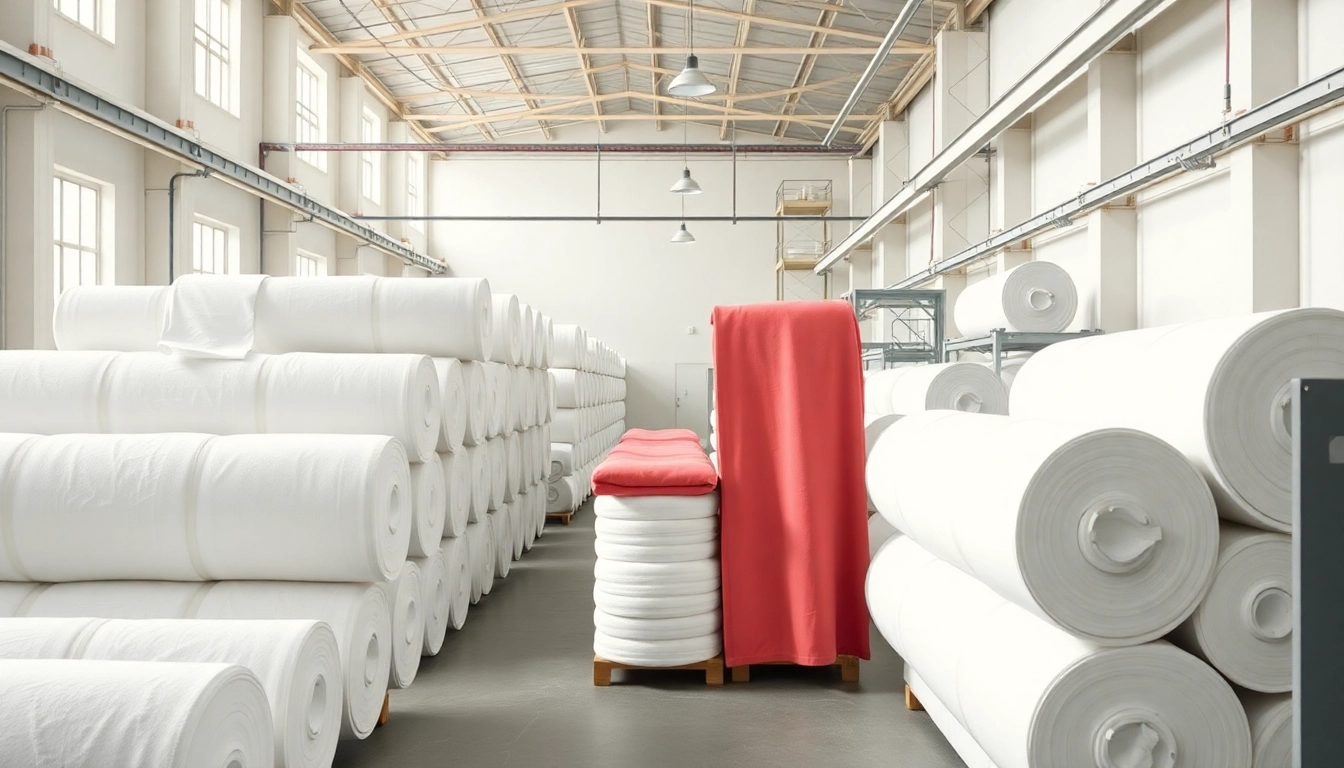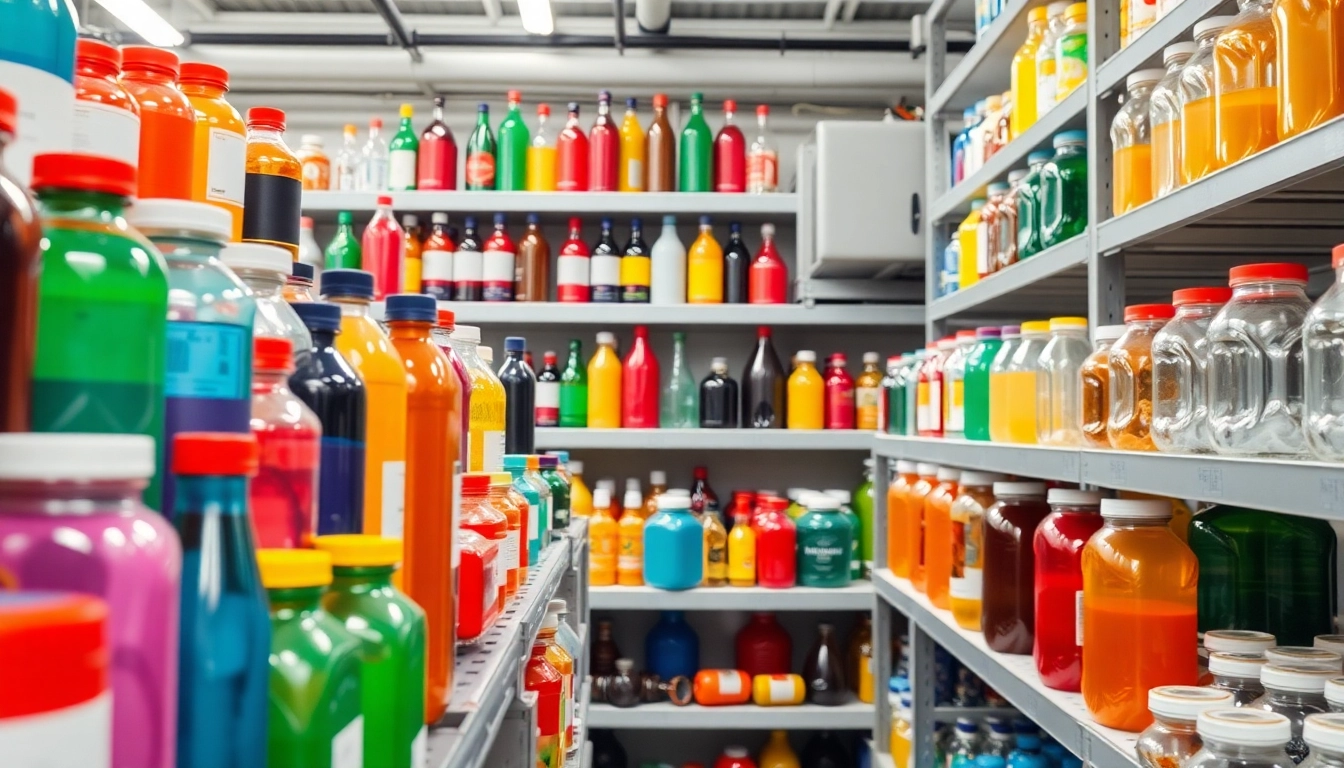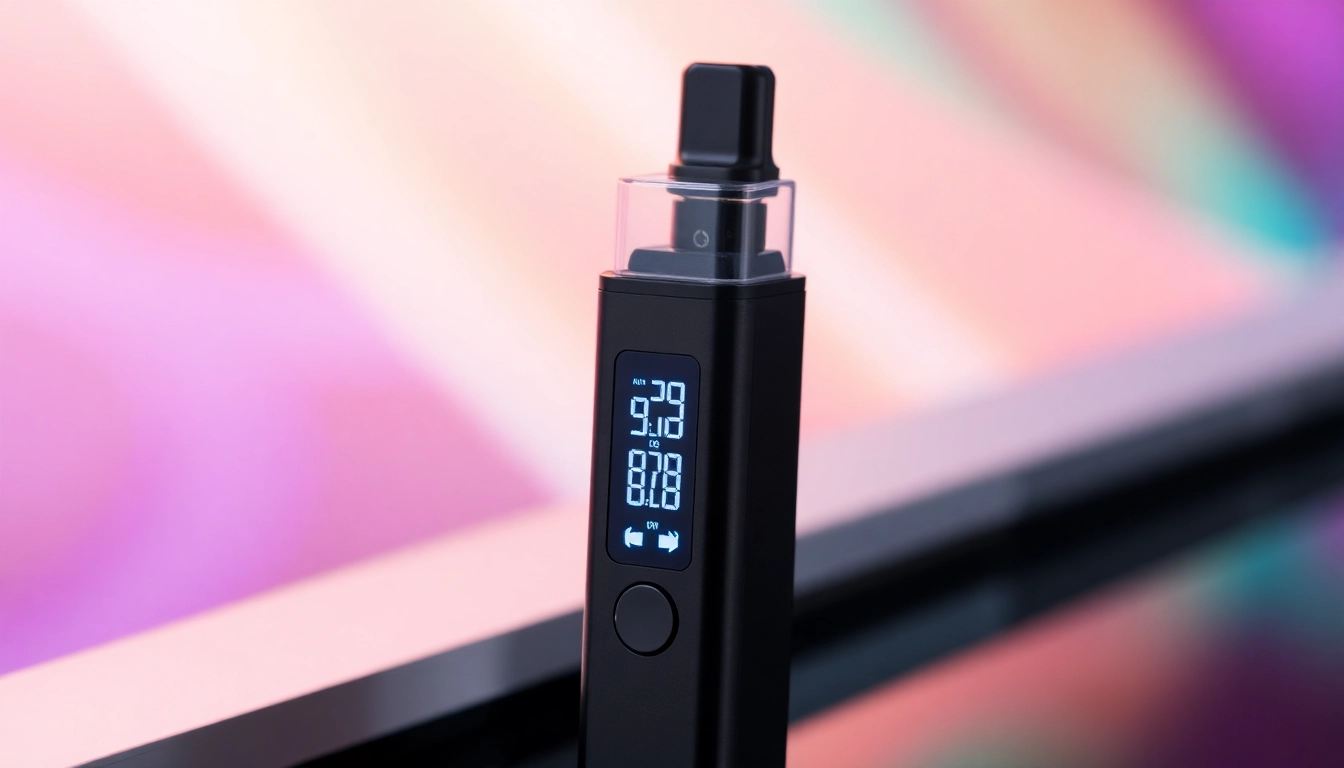Understanding Towels Wholesale: Key Concepts and Industry Insights
In the dynamic world of textile retail and hospitality supplies, the market for Towels Wholesale plays a pivotal role. Whether you’re a retailer seeking quality products at competitive prices or a business aiming to establish a reliable supply chain, understanding the nuances of the towels wholesale industry is essential. This comprehensive guide delves into the core concepts, market trends, supplier evaluation, and practical strategies to optimize your towel procurement process, ensuring you stay ahead in this competitive sector.
What Defines Towels Wholesale and Its Market Scope
At its core, towels wholesale involves purchasing large quantities of various towel types directly from manufacturers or authorized distributors at discounted prices. Unlike retail transactions, wholesale deals facilitate bulk buying, allowing businesses to benefit from economies of scale, lower per-unit costs, and greater bargaining power.
The market scope of towels wholesale spans numerous sectors, including:
- Hospitality industry (hotels, motels, resorts)
- Fitness centers, gyms, and spas
- Retail outlets and online stores
- Event organizers and promotional companies
- Luxury and boutique brands
With the rising global demand for high-quality, durable, and aesthetically appealing towels, the wholesale market continues to expand. The industry is driven by trends such as eco-friendly production, innovation in fabric technology, and customization options, which enhance client value and brand differentiation.
Types of Towels Popular in Wholesale Markets
The diversity of towel products in wholesale markets caters to various customer needs and sectors. Here are some of the most prevalent types:
Bath Towels
Large, plush towels designed for drying after a shower or bath. They are often made from cotton, bamboo, or blends, offering softness and absorbency. In wholesale markets, bath towels are available in standard sizes such as 27×54 inches or larger variants like bath sheets.
Hand Towels
Smaller towels primarily used in bathrooms, restaurants, and hotels. They are typically 16×30 inches, emphasizing quick drying and durability.
Face Towels
Compact and lightweight, face towels (about 12×12 inches) are popular in spas and skincare. Their small size makes them economical for daily use and branding options.
Beach and Pool Towels
These are characterized by their vibrant designs, larger sizes, and quick-drying fabrics. They often feature extra thickness to handle outdoor wear.
Specialized Towels
Includes microfiber towels, gym towels, Turkish towels, and luxury embroidered options, allowing businesses to cater to niche markets.
Choosing the right types of towels depends on your target market, intended use, and budget constraints, making supplier versatility crucial.
Current Trends and Market Demand in Towels Wholesale
The global towels industry is continually evolving, influenced by consumer preferences, technological advancements, and sustainability concerns. Here are some prevailing trends shaping demand:
- Eco-Friendly Materials: The shift toward organic cotton, bamboo, and recycled fibers reflects increasing consumer awareness around environmental impact. Brands are seeking suppliers who prioritize sustainability.
- Technological Innovations: Features such as quick-dry fabrics, antibacterial treatments, and enhanced softness are driving demand for high-performance towels.
- Customization and Branding: Businesses want unique designs, embroidered logos, and tailored sizes to strengthen brand identity. Custom towels command higher margins and customer loyalty.
- Luxury and Premium Products: The upscale market favors premium textiles like Egyptian or Pima cotton, targeting hospitality and retail sectors demanding superior quality.
- Online Sourcing and E-Commerce: Digital platforms facilitate easier access to diverse suppliers worldwide, increasing competition and options for buyers.
Understanding these trends allows businesses to align their procurement strategies with market demands, ensuring product relevance and customer satisfaction.
How to Select the Best Towels Wholesale Supplier
Evaluating Quality Standards and Certifications
Quality is paramount in wholesale towels, influencing customer perception and durability. Key indicators include fabric composition, weave quality, weight (GSM), and finishing techniques. Reputable suppliers should provide certifications such as OEKO-TEX or GOTS, guaranteeing chemical safety and sustainable sourcing.
Assessing Pricing, MOQ, and Turnaround Times
Competitive pricing hinges on factors like order volume, fabric type, and customization options. Clarify Minimum Order Quantities (MOQ), as higher MOQs often lead to lower per-unit costs but can be challenging for startups. Delivery lead times and flexibility are equally critical—delays can impact your inventory and customer satisfaction.
Building Long-term Relationships with Manufacturers
Establishing trust with reliable suppliers ensures consistent quality, favorable terms, and priority during peak seasons. Consider visiting factories, requesting samples, and discussing future expansion plans to foster strong partnerships.
Best Practices for Buying Towels Wholesale for Business
Negotiating Bulk Discounts and Customization Options
Leverage your purchase volume to negotiate better prices, payment terms, and additional services such as custom prints or labels. Clear communication about quality expectations and design specifications helps prevent misunderstandings.
Ensuring Product Consistency and Delivery Reliability
Regular quality inspections during production and before shipment mitigate risks of defects. Establishing transparent logistics agreements and tracking systems improves supply chain resilience.
Managing Inventory and Forecasting Sales
Effective inventory management balances the risk of overstocking against stockouts. Use sales data and market analysis to forecast demand accurately, adjusting orders accordingly to optimize cash flow and storage costs.
Implementation Tips for Businesses Entering Towels Wholesale
Sample Ordering and Quality Inspection
Order samples before large commitments to assess fabric quality, finishing, and color accuracy. Conduct independent inspections or partner with third-party agencies to verify standards.
Integrating Towels Into Your Product Line or Supply Chain
Coordinate seamlessly with your logistics and marketing teams to incorporate new towel products. Focus on branding consistency, packaging, and versatile pricing strategies to attract different customer segments.
Legal Considerations and Contract Negotiation
Draft comprehensive contracts covering quality specifications, delivery schedules, payment terms, confidentiality, and dispute resolution. Legal vigilance safeguards your investments and builds professional integrity.
Measuring Success and Optimizing Your Towels Wholesale Strategy
Tracking Sales Performance and Customer Feedback
Use analytics to monitor sales trends, profit margins, and customer reviews. Feedback helps identify product improvements and adjust marketing strategies.
Expanding Product Offerings and Market Reach
Identify opportunities to diversify your towel inventory, such as introducing eco-friendly lines or premium variants. Expanding into new regions or sectors enhances revenue streams.
Leveraging Digital Marketing for Increased Visibility
Develop targeted campaigns on social media, SEO-optimized content, and partnerships with influencers to raise brand awareness. Highlight quality, sustainability, and customization to attract discerning buyers.



